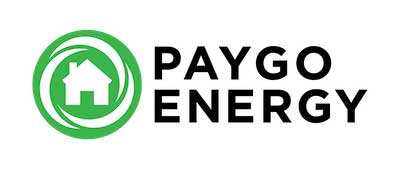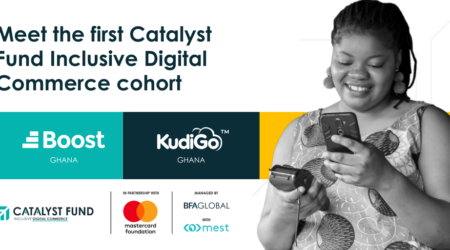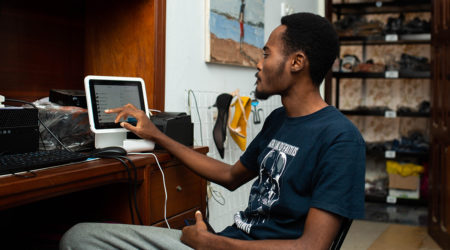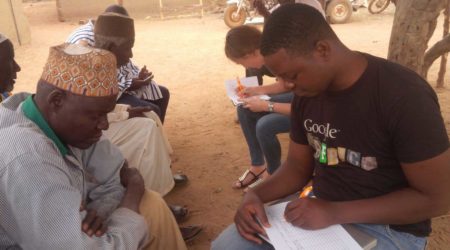What Does Access to Affordable and Clean Cooking Fuel Look Like?
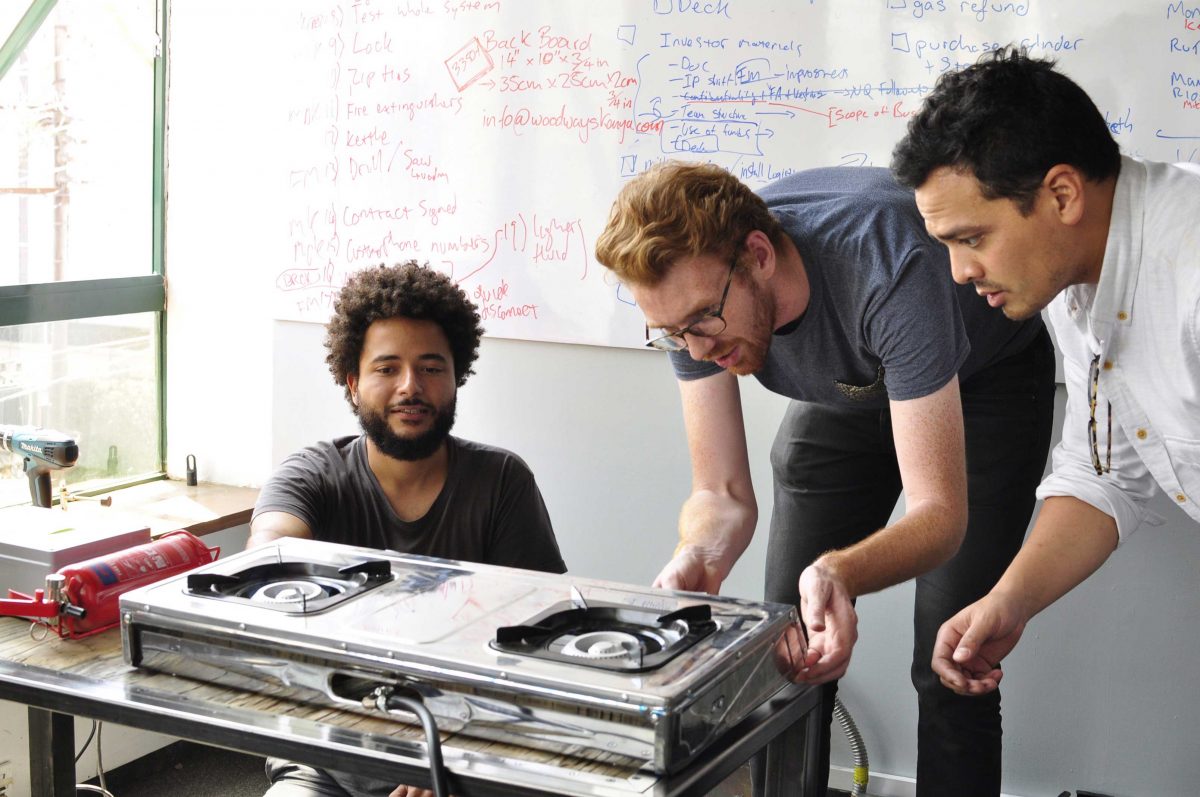
Catalyst Fund Learning Agenda Series #2, PayGo Energy
The Reality of the Low-Income Customer
Maria is a mother of three. She has used firewood to cook as long as she can recall. She cooks indoors and frequently complains of the smoke created by her stove. It always make the house too hot. She also complains of headaches and eye irritation. Maria would like an alternative that would save her the discomfort of cooking with firewood.
Lack of access to clean and affordable cooking fuel for the majority of low-income communities remains one of the world’s fundamental development challenges. Cooking fuel for the bottom of the pyramid (BOP) means kerosene or cooking with firewood or waste. Cooking is a hazardous activity for many low–income households. Women and girls in particular spend hours collecting firewood and inhaling smoke from dirty cooking fuels.
Businesses play a critical role in addressing the issue of access to clean cooking fuels by providing alternative solutions through the development of innovative products and efficient services. At the same time, they can also provide insights and knowledge essential for the development of policies and solutions by other stakeholders.
As the energy ecosystem continues to change and innovate, how are energy providers positioning themselves to create value with new services and provide affordable gas to BOP customers?
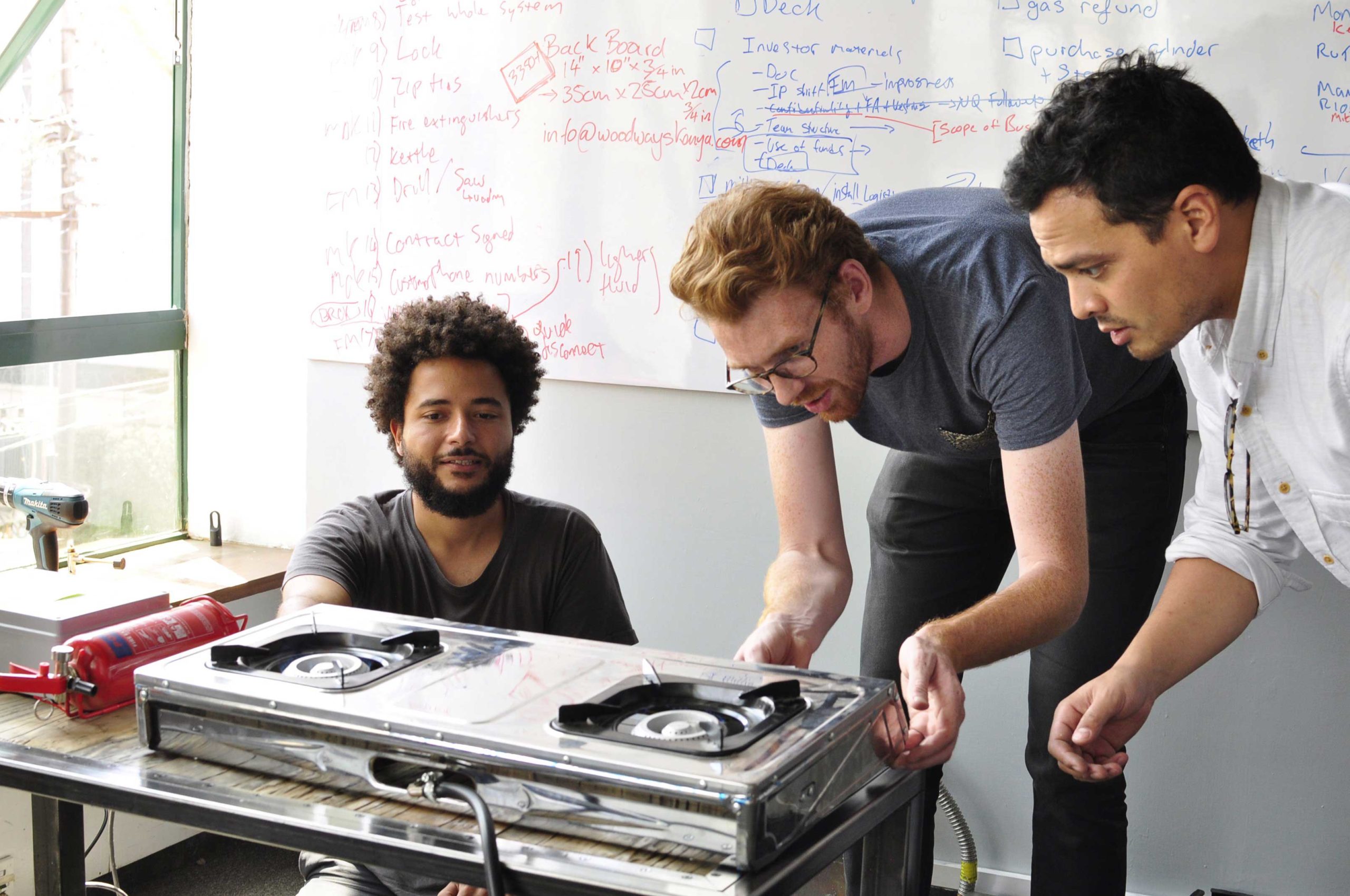
The Opportunity
PayGo Energy, a Kenyan based startup wants to solve Maria’s problem by providing low income households with affordable and accessible clean cooking fuels through Liquefied Petroleum Gas (LPG) cylinders with innovative smart meters and mobile technology that puts the user in control.
PayGo Energy has developed a proprietary smart meter that enables remote metering of LPG and micropayment purchasing of gas directly from an LPG cylinder. This meter replaces an invasive manual pay-as-you-go solution and significantly reduces the operational complexity required to drive widespread distribution of gas to households. PayGo Energy is targeting customers who are currently getting their fuel supplied by kerosene and/or biomass and helping them transition to LPG affordably.
The Hypothesis
To answer these central questions, the CF team and PayGo Energy started to explore how PayGo Energy could improve their customer experience and prove their value proposition.
With PayGo Energy, Catalyst Fund seeks to answer two central questions:
- Can PayGo Energy provide LPG energy to BoP customers in a more affordable way?
- How can PayGo Energy improve the customer experience with the product and boost engagement with a PayGo Energy model?
Catalyst Fund has a dual mandate to (1) to help early stage inclusive fintech startups gain traction, offer seed capital and technical assistance, and (2) answer major questions that the industry has about whether fintech startups are leading to systemic change in the financial inclusion ecosystem.
The Test
PayGo Energy had conducted an initial service pilot to test the assumption that households would be willing to pre-pay for LPG in small, consistent amounts. The results from the pilot provided confirmation that indeed there was a viable market for affordable clean energy for customers living on less than $4 a day. However, the question of lowering barriers to usage and boosting customer engagement still remained unanswered.
To answer these questions, the CF team has been working with the PayGo Energy team to make adjustments to the hardware and software so as to improve the user experience. The CF team is also in the process of conducting user research to gain more in depth understanding of PayGo Energy’s potential users and to also inform the product design. The goal is to identify any issues or pain points that will prevent them from scaling and also to improve their customer experience based on feedback from the user research.
The Impact
PayGo Energy has the opportunity to provide low income households with affordable and accessible clean cooking fuel. The use of LPG not only improves the health and quality of life of low income households but it also promotes energy efficiency and reduce greenhouse gas (GHG) emissions.
Access to affordable, clean cooking fuel for Maria means that she has choices. She can do more with her time now that she does not have to collect firewood, benefits from improved health and safety from clean air in her home unpolluted by dirty fuels, and can rest easy that she has enough fuel while cooking.
The teams will have the results from the learning stages to share in the coming weeks — so be sure to sign up for our Newsletter.
